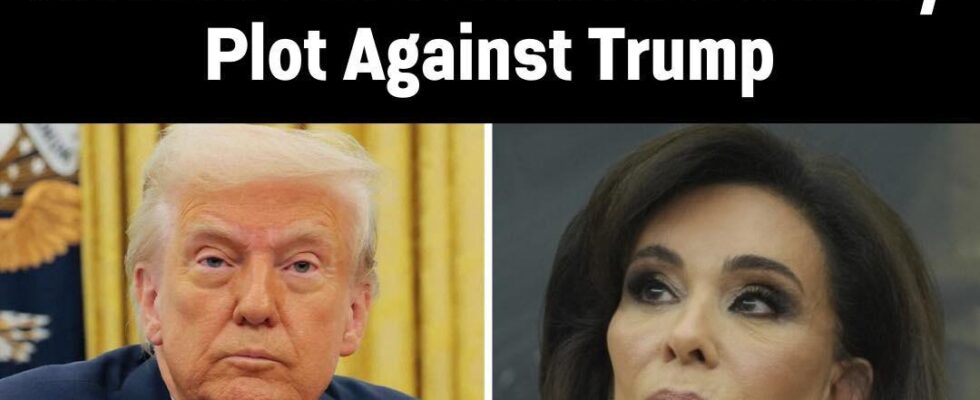A high-profile federal law enforcement operation resulted in the arrest of 50-year-old Nathalie Rose Jones from Indiana for allegedly making threats against former President Donald Trump, emphasizing the growing security concerns federal authorities face amid today’s polarized political climate. U.S. Attorney Jeanine Pirro personally announced the arrest in a video on social media, underlining the Department of Justice’s zero-tolerance approach and stating that threats against the President will be met with “swift and unwavering prosecution.” According to federal documents,
Jones escalated from online rhetoric on Instagram and Facebook, where her posts began in early August with calls for Trump’s removal and progressed to increasingly graphic threats of violence, to taking real-world actions that placed her closer to the President. Investigators viewed her travel from Indiana to Washington, D.C., as evidence of premeditation and an elevated risk of harm. On August 15, the Secret Service interviewed Jones, during which she allegedly admitted to hating Trump, labeling him a “terrorist” and “Nazi,” expressed willingness to inflict harm, and claimed to possess a weapon. Her statements, combined with her physical proximity to D.C., heightened federal concern. The following day, August 16, Jones participated in a protest march near the White House, further alarming authorities. She later admitted making the threats but insisted she no longer intended to act on them. Jones now faces serious federal charges, including threatening the President and transmitting threats across state lines, both of which carry severe penalties. This case illustrates the DOJ’s deterrent strategy: while freedom of speech and dissent are constitutionally protected, any threats of violence against government officials, especially the President, will result in significant federal consequences. Federal authorities continue to stress vigilance in monitoring online activity and taking preemptive action to prevent potential attacks, highlighting the delicate balance between civil liberties and public safety in a highly charged political environment.
